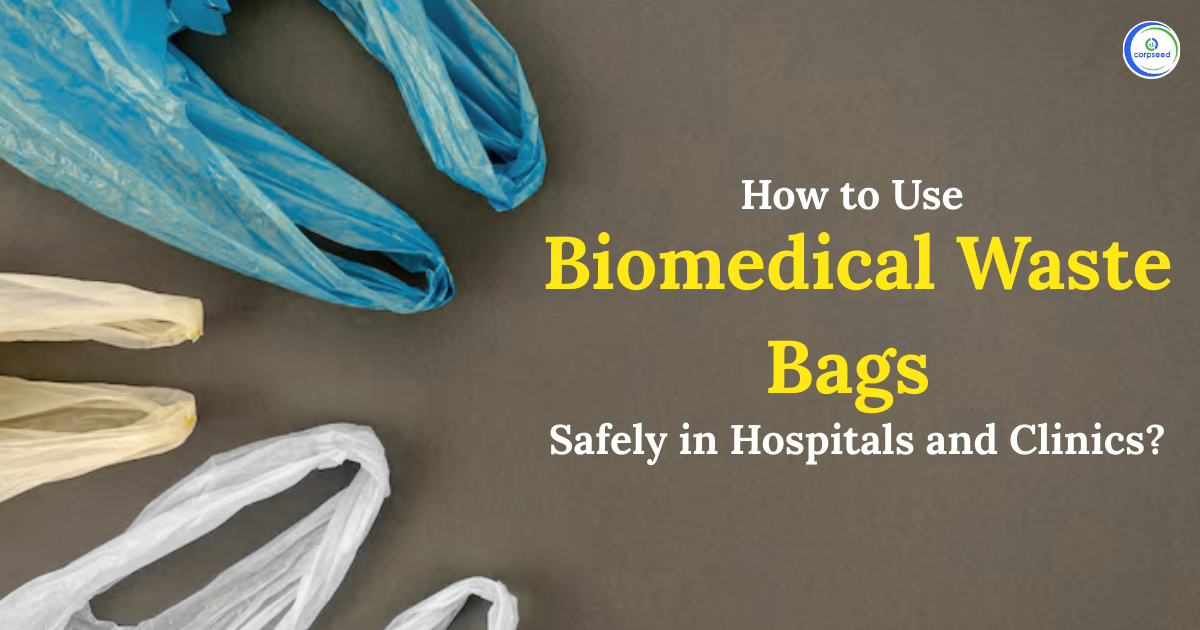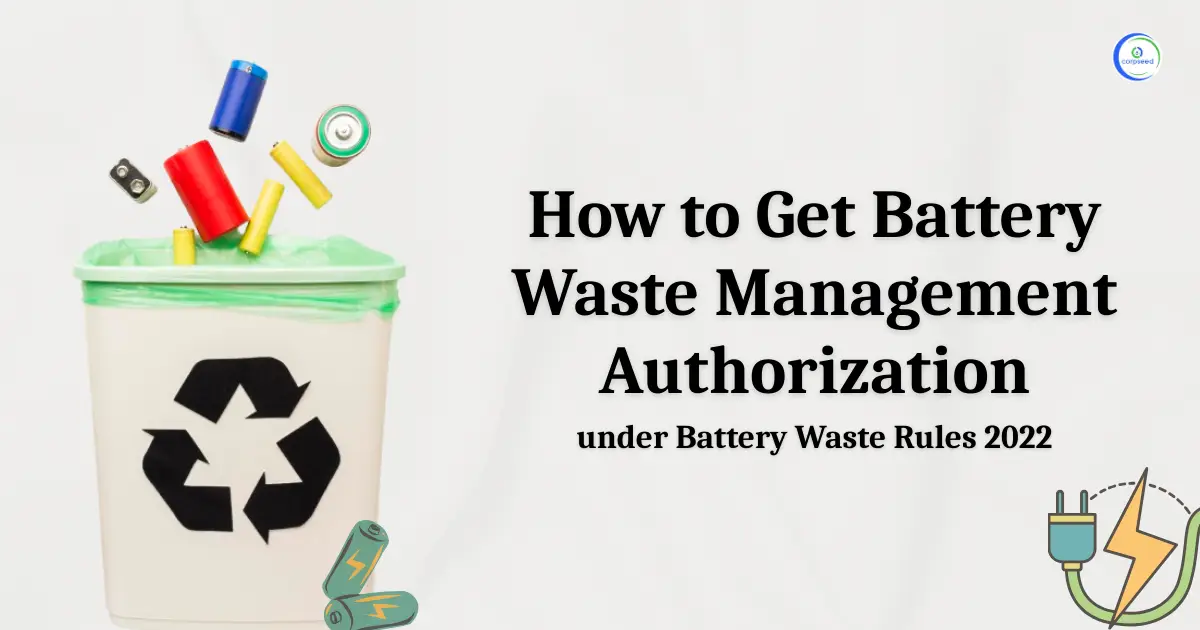Biomedical waste management is the quickly growing and essential industry in India, driven by growing healthcare facilities and stringent government regulations. Starting a biomedical waste management business can be socially effective and financially beneficial if done correctly. The sector continues to observe strong demand due to the expansion of hospitals, clinics and diagnostic centers, making it an attractive opportunity for entrepreneurs in 2025 and beyond.
Table of Contents
- What is Biomedical Waste Management and Why Is It Important in India?
- Step-by-Step Guide to Starting a Biomedical Waste Management Business in India
- Licensing and Regulatory Compliance for Biomedical Waste Management Business in India
- Cost Structure and Profitability of Biomedical Waste Management Business in India
- Emerging Trends in Biomedical Waste Management Business in India
- Conclusion
What is Biomedical Waste Management and Why Is It Important in India?
Biological waste refers to all wastes produced during health care activities, including infectious, pathological, chemical, and sharp wastes. Inappropriate disposal poses severe health and environmental risks, such as the spread of infection and contamination of water reservoirs.
The Government of India controls biomedical waste management under the Biomedical Waste Management Rules 2016 (BMW Rules), enforced by the Central Pollution Control Board (CPCB). Compliance with these principles is compulsory for health care facilities and waste management businesses.
The growing number of healthcare organizations has significantly amplified the demand for professional biomedical waste management services, making it a profitable business opportunity in India.
Step-by-Step Guide to Starting a Biomedical Waste Management Business in India
Starting a biomedical waste management business needs careful planning, regulatory compliance, and investment. Following is a step-by-step overview to help you set up your business successfully.
- Understand the Biomedical Waste Management Rules, 2016: Go through the BMW Rules 2016, which highlights separation, collection, storage, transportation, treatment, and disposal of biomedical waste. Ensuring compliance from the start will make your business legally protected and operationally efficient.
- Obtain Necessary Licenses and Registrations: To legally operate a biomedical waste management business, securing proper licenses is crucial:
- Authorization from State Pollution Control Board (SPCB) or Pollution Control Committee (PCC): Mandatory for collection, storage, and disposal of biomedical waste.
- Registration under Biomedical Waste Management Rules, 2016: Apply online through CPCB or state SPCB portals.
- Consent to Establish and Operate: Under the Air and Water (Prevention and Control of Pollution) Acts, issued by your state pollution control authority.
- Choose Your Business Model: CBWTF or On-site Treatment: Biomedical waste treatment can be done by:
- Common Biomedical Waste Treatment Facility (CBWTF): A centralized setup managing waste from various healthcare units. Higher capital investment but larger market reach.
- On-site Treatment: Individual hospitals or clinics treat waste on their premises using equipment like autoclaves or shredders. Lower investment but limited scale.
- Procure Equipment and Set up Facility: Equip your facility with incinerators or autoclaves, shredders, GPS-enabled transport vehicles, and CPCB compliant color-coded bins. Choose a location near hospitals or healthcare clusters to minimize transportation costs and enhance operational proficiency.
- Hire Trained Staff and Implement Digital Tracking: Hire trained employees, who are knowledgeable in handling biomedical waste safely. Digital tracking systems using RFID or GPS can boost compliance and provide transparency from waste generation to disposal.
- Develop Partnerships with Healthcare Providers: Establish strong partnerships with hospitals, clinics, diagnostic centers, and veterinary hospitals. Provide tailored waste management solutions that comprise regular collection, proper treatment and documentation to adhere with regulatory requirements.
--------------Blog Contact Form-------------
Licensing and Regulatory Compliance for Biomedical Waste Management Business in India
Strict compliance with Biomedical Waste Management Rules, 2016 and CPCB guidelines is mandatory. Non-compliance can lead to hefty fines, license suspension, or legal action, making strict adherence necessary for business sustainability. Below are the key regulatory points to remember:
- Segregation at Source: Use color-coded bins (yellow, red, blue, white) for different waste types.
- Transportation: Use dedicated vehicles with GPS tracking to ensure safe transport.
- Treatment and Disposal: Use accredited treatment technologies like incineration, autoclaving, chemical treatment, or microwaving.
- Record Keeping: Maintain detailed waste management records and submit annual reports to the SPCB.
- Periodic Inspections: Be prepared for audits and inspections by pollution control authorities to ensure compliance.
Cost Structure and Profitability of Biomedical Waste Management Business in India
Starting a biomedical waste management business needs an initial investment, but if managed effectively, it provides profitability.
- Initial Investment:
- CBWTF Setup: INR 1.5 to 3 crores, depends on the capacity and technology.
- On-site Treatment Unit: INR 10 to 50 lakhs for equipment and licenses.
- Vehicles and Containers: INR 10-20 lakhs.
- Licensing and Legal Fees: INR 1-5 lakhs.
- Operating Costs: Operating expenses include staff salaries and ongoing training to ensure safe and efficient waste handling, fuel consumption and regular maintenance of transport vehicles, in-service monitoring of treatment equipment along with cost related to compliance audits and regulatory reporting.
- Revenue Streams: Revenue streams come from-
- Service contracts with hospitals, clinics, and diagnostic centers for waste collection and treatment
- Government grants and incentives for waste management startups
- Sale of treated waste residues, where applicable
- Profit Margins: Biomedical waste management businesses usually enjoy profit margins of 15-25% depending on scale and operational productivity. With rising regulatory implementation and growing healthcare infrastructure, the business is expected to become even more profitable.
Also Read: A Comprehensive Guide to Establishing a Biomedical Waste Recycling Plant
Emerging Trends in Biomedical Waste Management Business in India
The biomedical waste sector in India is growing, with advanced trends driving better efficiency and environmental sustainability.
- Digital Tracking & Automation: Adoption of RFID and GPS tracking improves traceability and regulatory compliance.
- Waste-to-Energy Technologies: Transforms biomedical waste into energy, minimizing landfill impact.
- Public-Private Partnerships (PPP): Government collaborations are escalating CBWTF networks nationwide.
- Eco-Friendly Treatment Solutions: Shift towards non-incineration technologies that are environment-friendly.
Conclusion
As India’s healthcare sector is expanding rapidly and government regulations are becoming stricter, biomedical waste management has become an important and in-demand service. Businesses entering this sector must ensure stringent compliance with licensing and environmental laws to function legally and responsibly. Investing in advanced treatment technologies and adopting digital tracking systems can increase efficiency and transparency. Establishing strong, trusting partnerships with hospitals, clinics and diagnostic centers is vital to sustainable growth. Overall, biomedical waste management provides a promising and socially impactful business opportunity, in which profitability plays an important role in protecting public health and the environment.
FAQ`s
You need authorization from the State Pollution Control Board, registration under Biomedical Waste Management Rules 2016, and consent to establish and operate under pollution control acts.
Treatment methods contain incineration, autoclaving, chemical treatment, microwaving, and shredding, depending on the waste type.
Initial investment ranges from INR 10 lakhs for on-site units to INR 1.5-3 crores for Common Biomedical Waste Treatment Facilities (CBWTF).
Digital tracking using RFID or GPS ensures transparency, compliance, and efficient monitoring from waste collection to disposal.
Revenue comes from service contracts with healthcare providers, government incentives, and sale of treated waste residues where applicable.
This portion of the site is for informational purposes only. The content is not legal advice. The statements and opinions are the expression of author, not corpseed, and have not been evaluated by corpseed for accuracy, completeness, or changes in the law.
BOOK A FREE CONSULTATION
Get help from an experienced legal adviser. Schedule your consultation at a time that works for you and it's absolutely FREE.
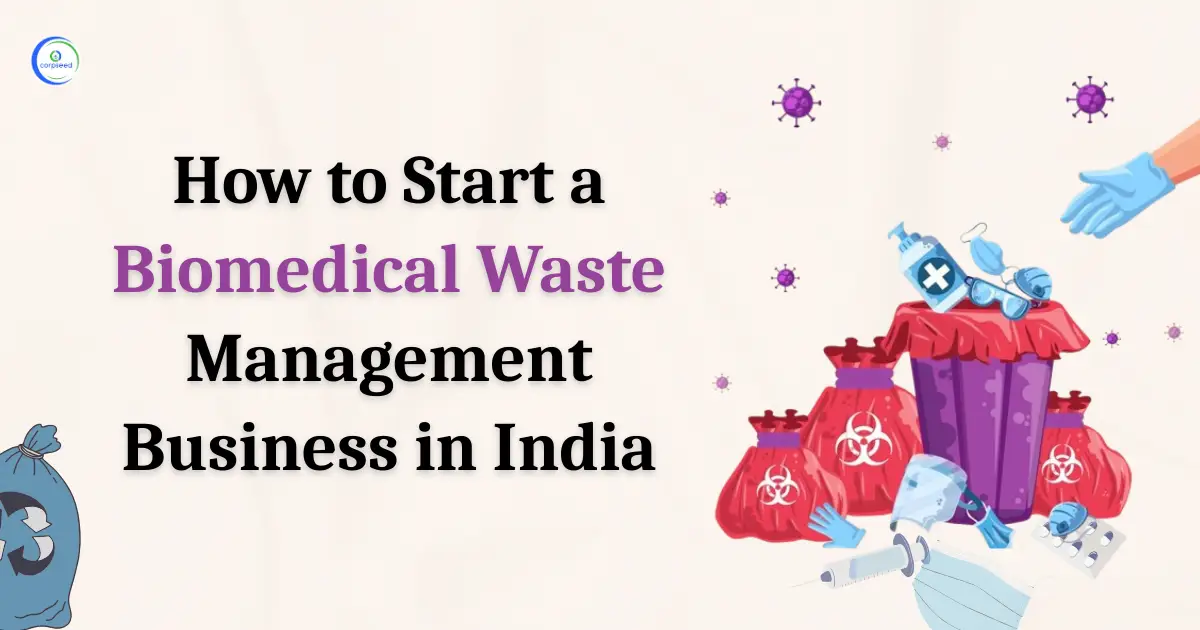

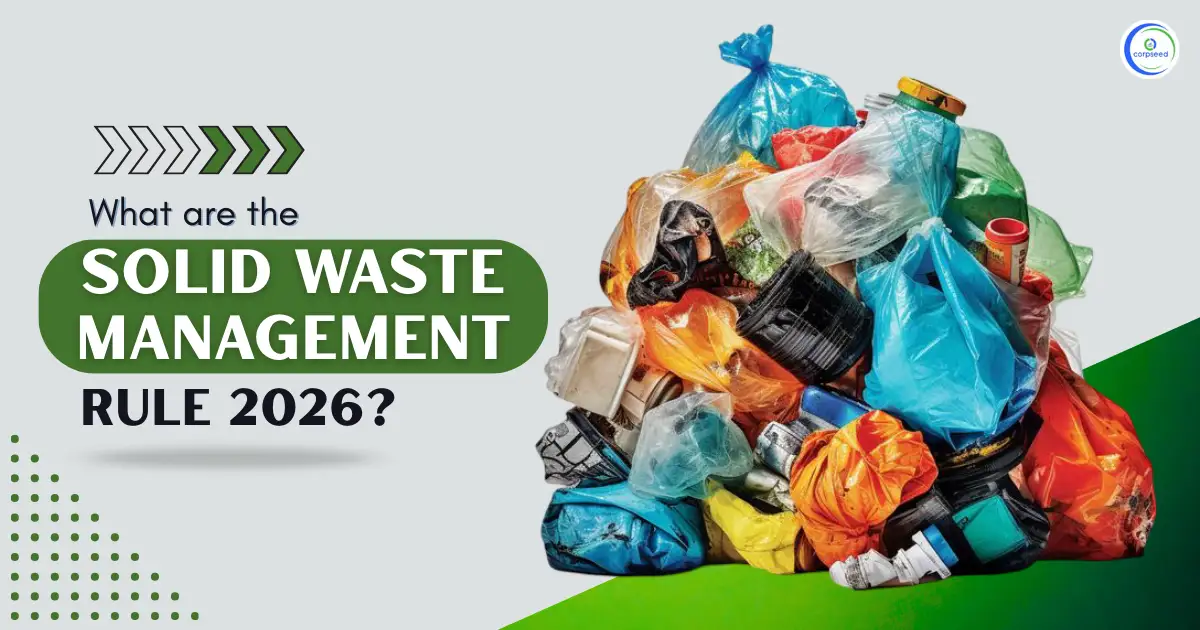
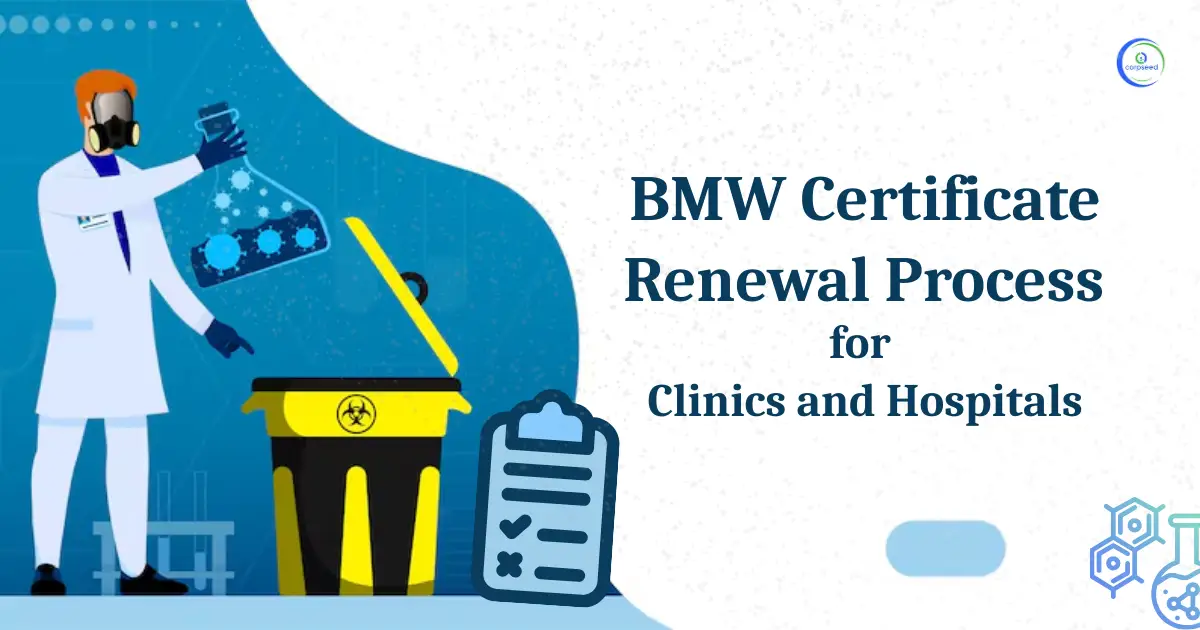
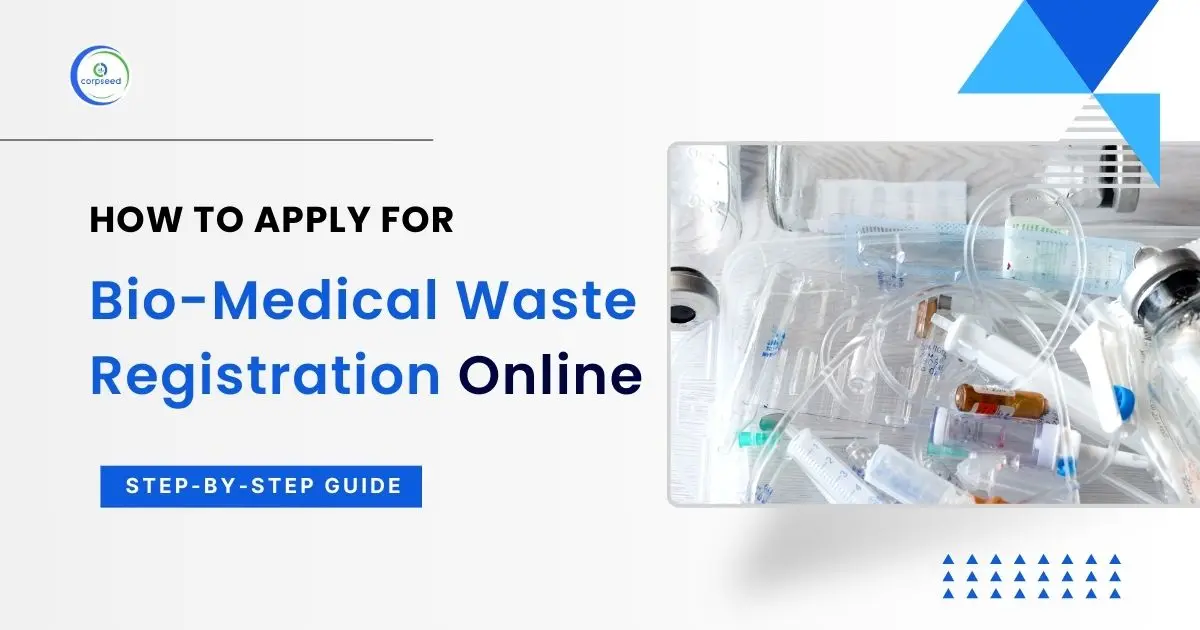
.webp)
